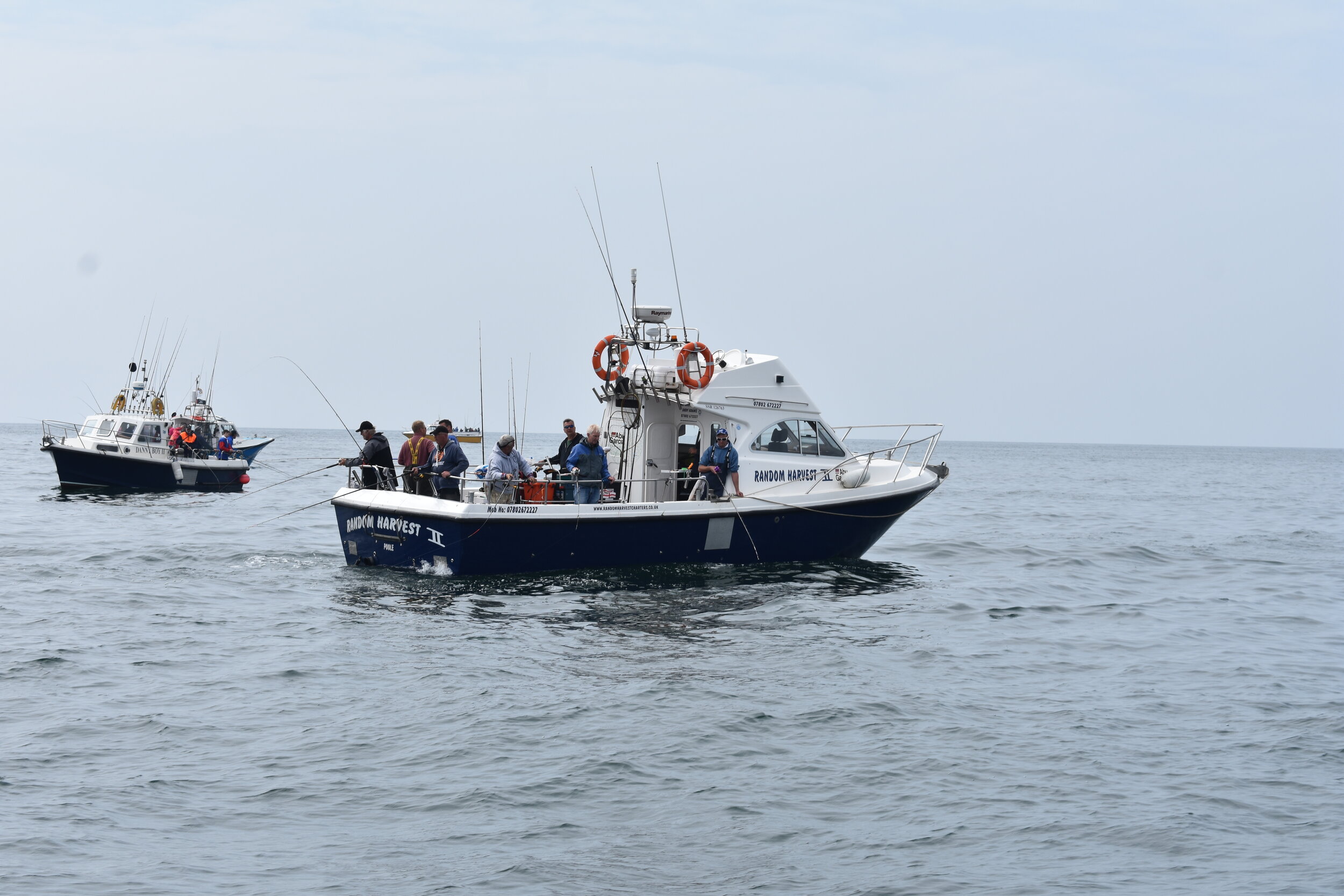
News
Self-Employed Income Support Helps Some While Others Are Often Left At Sea
Self-employed people were breathing a sigh of relief last night as the Chancellor announced a package of measures to support the UK’s estimated five million self-employed workers suffering as a result of the Covid-19 lockdown.
Many in the angling sector, such as charter boat skippers, were left wondering how they would survive after the government announced a package of measures to support small businesses last week but failed to provide anything for the self-employed.
However, after much difficulty in working out how a fair system could be introduced, the government has announced a new Self-Employed Income Support Scheme and will pay a cash grant worth 80% of their average monthly trading profit over the last three years, up to £2,500 per month.
Those eligible for the new scheme will be able to apply directly to HMRC for the taxable grant, using a simple online form, with the cash being paid directly into people’s bank account.
The new scheme comes at a time when many self-employed people’s income has dried up completely as businesses have been forced to shut down in an attempt to slow the spread of the virus and protect the NHS.
Phil Higgins is a self-employed owner of Mistress Linda, a charter boat operated out of Poole, as well as the chairman of the Professional Boatman’s Association, the representative body for charter boats in the UK. “The charter angling boat fleet was one of the first casualties of this virus effectively being closed down the moment the Government announced self-solation and social distancing measures. That night, for many of us, our phones were ringing non-stop with groups and individuals cancelling trips.”
While the new scheme is a lifeline for some there are still concerns over people’s ability to survive the coming weeks as the grant will not be made available until June. “To be informed that no adequate support will be available to the industry until sometime in June will, in many cases, cause severe hardship and may close down some operators completely”, says Phil. “The news that HMRC will contact you – not you them – to find out if you qualify leaves our members further in the dark.
Some operators are not self-employed but limited companies. However, not paying business rates on premises means they are limited to what they can claim. Due to the diversity of each charter angling boat and the way the business is set up each operator will have to spend time investigating what support package suits them. At this moment, no one package fits all”.
Yet despite all the uncertainty for the charter boat sector, Phil believes the government is doing all it can. “The Chancellor, in my opinion, is doing a brilliant job in these unprecedented times getting support out to every UK business that needs it, especially now the Self-employed. But due to the speed needed to provide support some will be missed and, in our case, that includes some in the charter industry.”
The Angling Trust will be writing to Defra to ask what alternative support can be offered to small businesses which do not pay business rates and are still facing an unknown future.
In the meantime, self-employed people are advised to take advantage of a £7 billion boost to Universal Credit, income tax and VAT deferrals, £1billion more support for renters and access to three-month mortgage holidays before the grants are made available.
You might also like
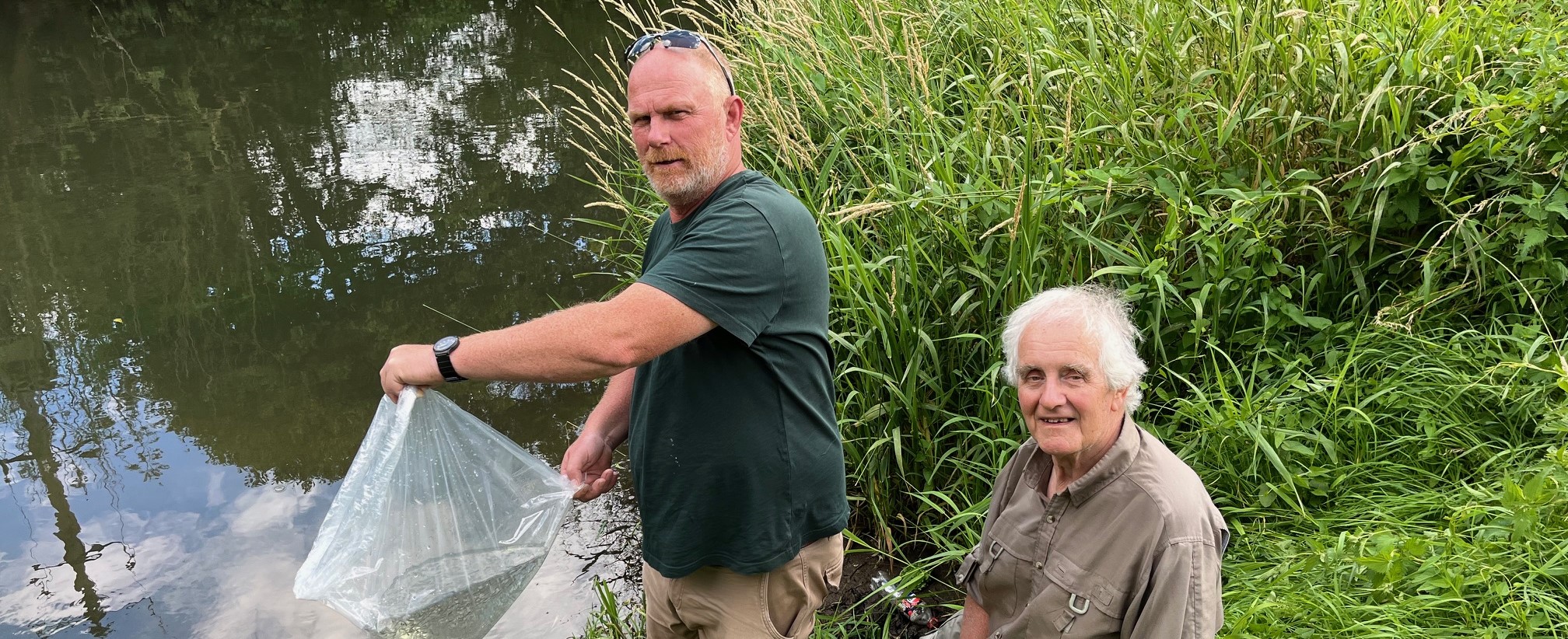
New Kennet Hatchery Releases First Reared Fish
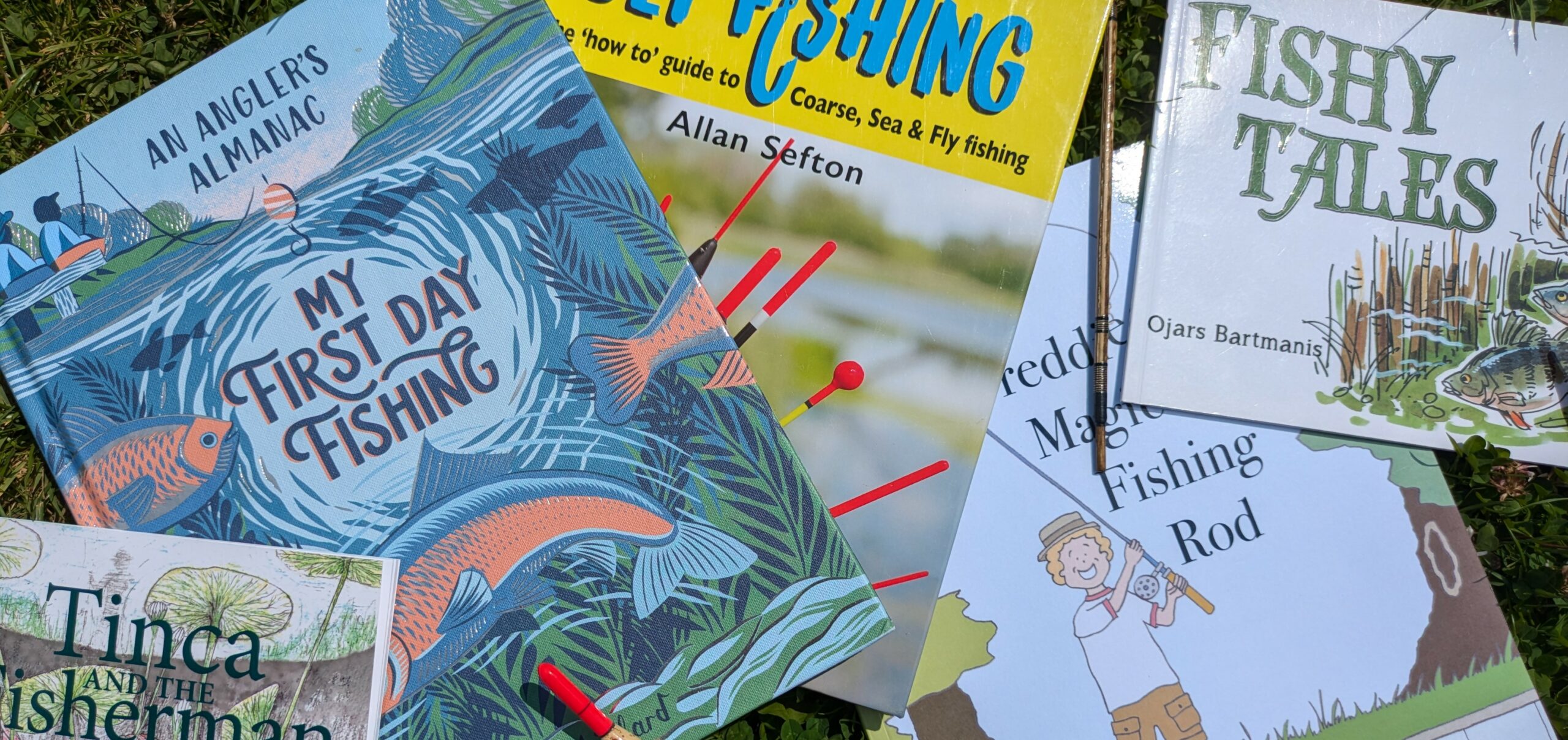
Fishing Books for Kids

UK Recreational Catch-and-Release Bluefin Tuna: A step closer to…

MESTER THE MASTER AT FREE SPIRIT MATCH BODDINGTON CLASSIC…
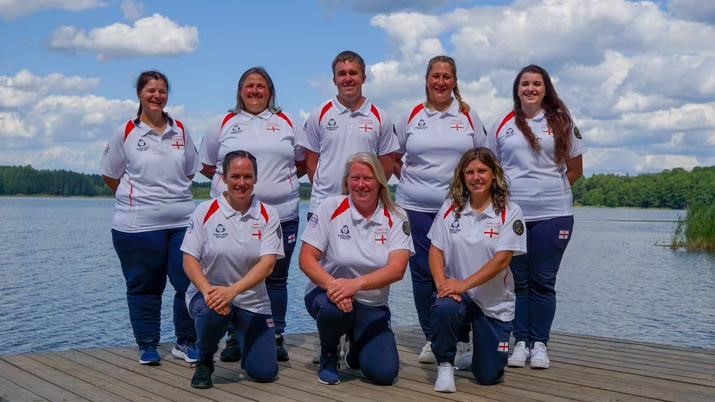
ENGLAND LADIES CARP TEAM MISS MEDAL ON TOUGH LATVIAN…

Angling Trust urges government to go further and faster…
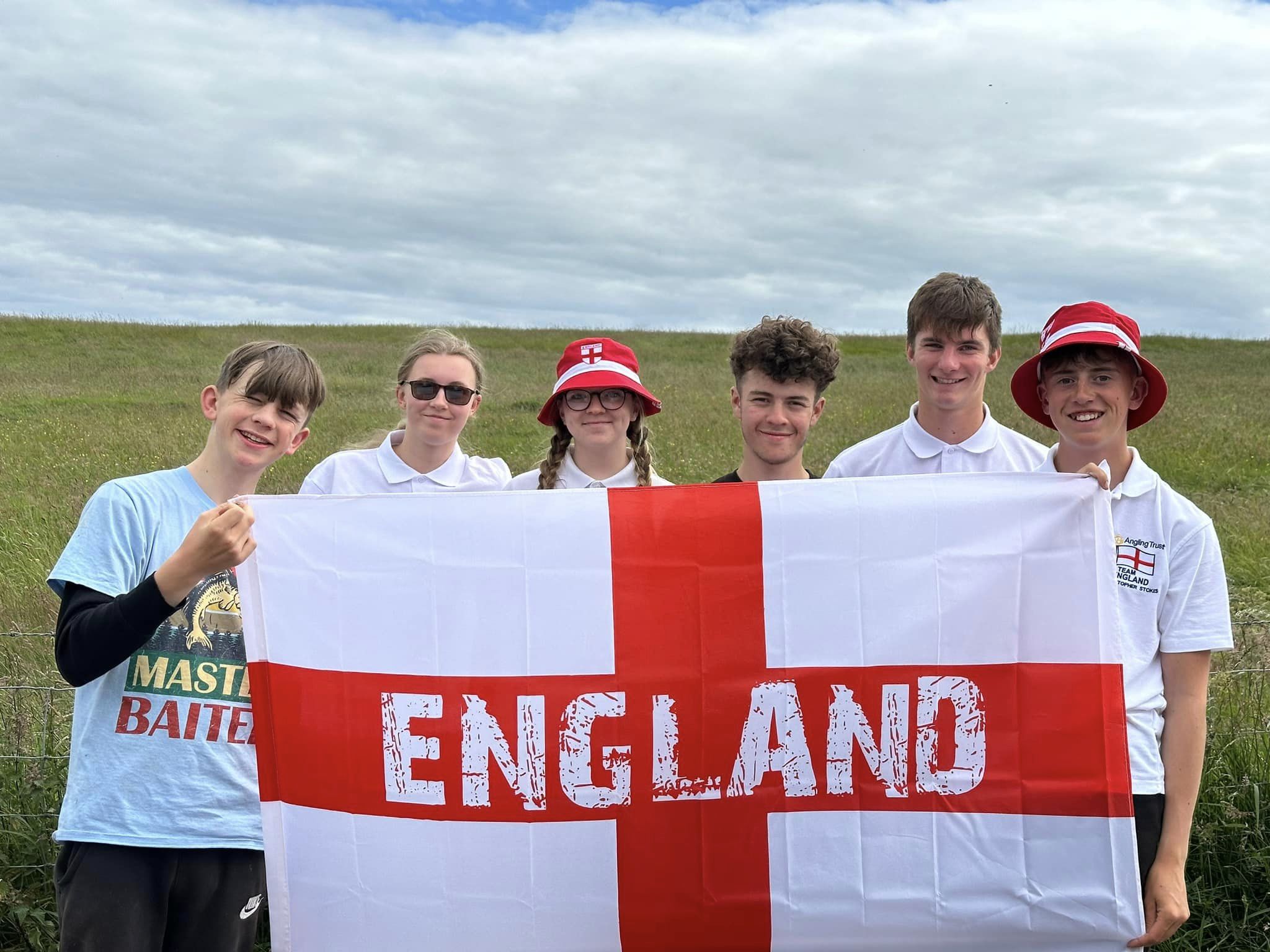
ENGLAND YOUNG GUNS LEAD THE WAY IN HOME NATIONS…
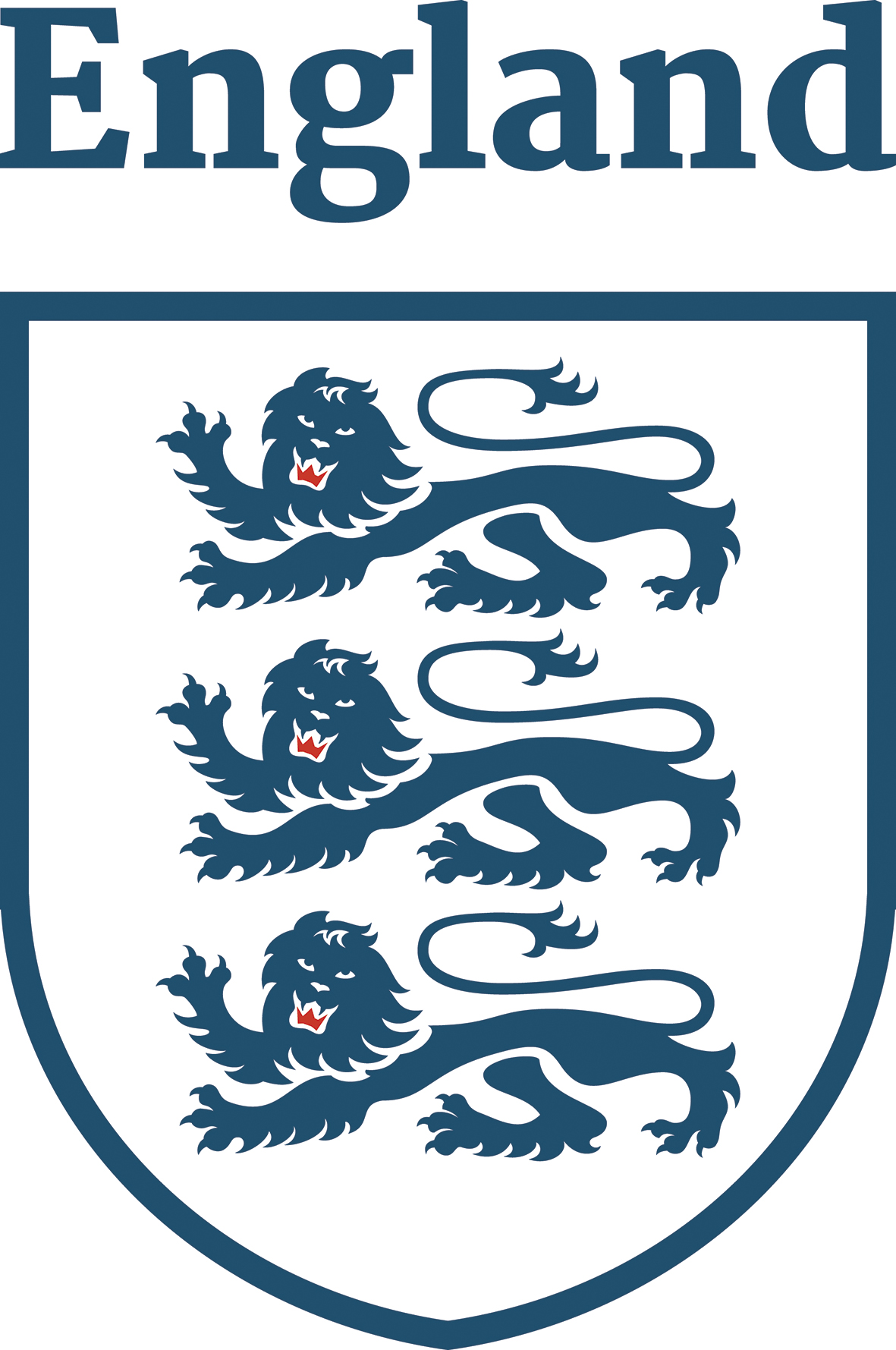
AMAZING ENGLAND COMEBACK SECURES EURO CHAMPS BRONZE

ELLIOT BAGS THIRD NATIONAL WIN AT MARSTON!

PATIENT APPROACH WIN WOMEN’S NATIONAL FOR LEANNE!

Take a Friend Fishing
27th July to 1st September…









